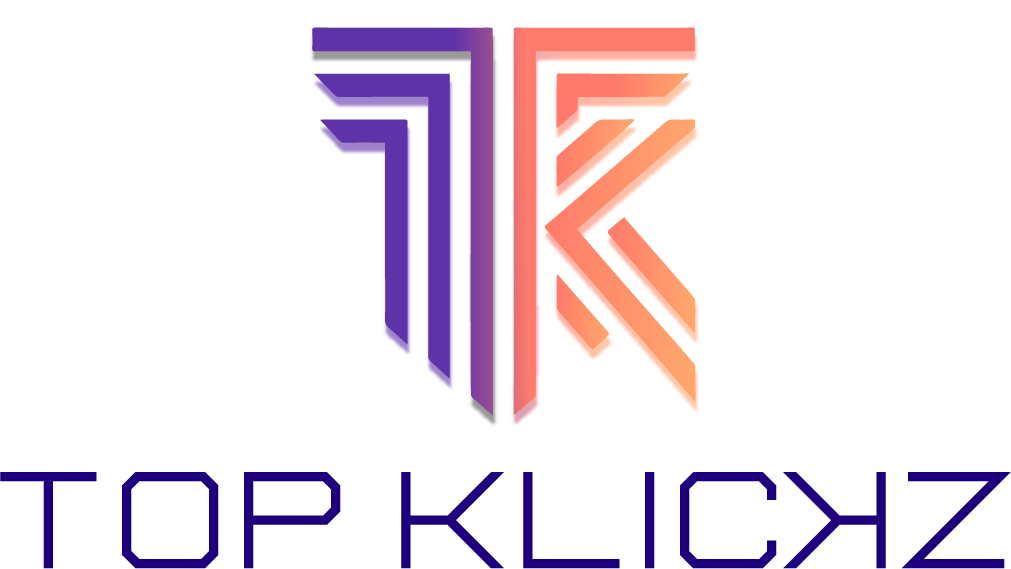Top SEO Tips to Improve Your Website’s Ranking
In today’s digital landscape, a strong online presence is essential for businesses to thrive. One key factor influencing your website’s visibility is Search Engine Optimization (SEO). By implementing effective SEO strategies, you can significantly boost your website’s ranking on search engine results pages (SERPs), attracting more organic traffic and potential customers. This guide explores the top SEO tips to equip you with the knowledge and tools to optimize your website and climb the search engine ladder.
Understanding Search Engine Optimization
Search Engine Optimization (SEO) is optimizing your website to improve its visibility and ranking on search engine results pages. It involves various techniques and strategies that help search engines understand and index your website’s content. By implementing SEO best practices and SEO Tips, you can increase organic traffic to your website and attract more potential customers.
Discover related Content: Understanding the Basics of SEO
To understand SEO better, knowing how search engines work is essential. Search engines use complex algorithms to analyze and rank websites based on various factors such as relevancy, authority, and user experience. They crawl web pages, index the content, and display the most relevant results to users based on their search queries.
SEO Tips 1: Keyword Research & Optimization
Keyword research is a critical step in SEO as it helps you understand what your target audience is searching for and optimize your website’s content accordingly. You can improve your website’s visibility and attract more organic traffic by identifying relevant keywords and phrases.
To conduct keyword research, brainstorm a list of potential keywords related to your business or industry. Keyword research tools like Google Keyword Planner, SEMrush, or Moz Keyword Explorer can then be used to find search volume data and discover additional relevant keywords.
When selecting keywords, it’s important to consider search volume, competition, and relevance. Focus on long-tail keywords that are more specific and have less competition. These keywords often have a higher conversion rate as they target users further in the buying process.
Discover related Content: Mastering Keyword Research: Tools & Techniques for SEO Success
Once you have a list of target keywords, optimize your website’s content by incorporating these keywords naturally. Please place them in your page titles, headings, meta descriptions, URLs, and content. However, avoid keyword stuffing, which can negatively impact your website’s ranking.
Regularly monitor your keyword rankings and adjust your SEO strategy as needed. Remember that SEO is an ongoing process, and staying updated with the latest keyword trends and search behaviour is crucial for maintaining and improving your website’s visibility.
You May also like to read: Who is the Baap of IPL 2024 ? IPL’s Best Players
SEO Tips 2: Optimizing On-Page Elements
Optimizing on-page elements is an important aspect of SEO. It involves optimizing various elements on your website to improve its visibility and ranking on search engine results pages.
Start by optimizing your website’s meta tags, including the title and meta descriptions. These tags summarise your web page’s content and appear in search engine results. Use relevant keywords in your meta tags to improve your website’s chances of ranking higher.
Next, optimize your website’s headings using relevant keywords in your heading tags (H1, H2, etc.). Headings help search engines understand the structure and hierarchy of your content. They also make your content more readable and user-friendly.
Discover related Content: On-Page SEO Techniques: Strategies to Improve Website Visibility
Another important on-page element to optimize is your website’s URLs. Use descriptive and keyword-rich URLs that accurately reflect the content of your web pages. Avoid using generic URLs with numbers or random characters, as they provide little to no information to search engines or users.
In addition to these on-page elements, optimize your website’s content by incorporating relevant keywords naturally. Create high-quality, informative, and engaging content that provides value to your target audience. This will improve your website’s visibility and attract more organic traffic and potential customers.
Regularly review and update your on-page optimization efforts to ensure they align with the latest SEO best practices. You can continuously optimise on-page elements to improve your website’s ranking and attract more organic traffic.
You May also like to read: EXPLORING THE MOST POPULAR IPL TEAMS: HIGHEST FAN FOLLOWING IPL TEAM 2024
SEO Tips 3: Building High-Quality Backlinks
Build Backlinks: Keys to SEO Success
High-quality backlinks are crucial for ranking well. They signal trust to search engines, acting like endorsements from other sites.
To acquire them:
- Target authority sites: Reach out to industry blogs, news sources, or educational institutions in your niche. Offer valuable content (guest posts, infographics) they can link to.
- Become a content creator: Craft informative and shareable content (e.g., blog posts, videos) that naturally attracts links. Promote it strategically through social media and influencer marketing.
Guest blogging is another popular method for building backlinks. Identify relevant blogs in your industry and offer to write guest posts for them. In return, you can include a link to your website in your author bio or within the content.
Discover related Content: Mastering Off Page SEO Techniques
Remember, when building backlinks, focus on quality rather than quantity. It’s better to have a few high-quality backlinks from authoritative websites than numerous low-quality backlinks. High-quality backlinks can significantly improve your website’s credibility and search engine rankings.
Regularly monitor your backlink profile using tools like Moz Link Explorer or Ahrefs to ensure the quality of your backlinks and identify any potential issues. Disavow any toxic or spammy backlinks that may negatively impact your website’s ranking.
You can improve your website’s authority, visibility, and search engine rankings by consistently building high-quality backlinks.
You May also like to read: IPL TICKETS GUIDE: HOW TO SECURE YOUR SEAT!
SEO Tips 4: Monitoring and Analyzing Your Website’s Performance
Monitoring and analyzing your website’s performance is essential for understanding the effectiveness of your SEO strategies and making data-driven decisions.
Start by setting up Google Analytics for your website. This free tool provides valuable insights into your website’s traffic, user behaviour, and conversion rates. It allows you to track key metrics such as organic traffic, bounce rate, average session duration, and goal completions.
Discover related Content: Must-Have SEO Studio Tools to Boost Your Website Traffic
In addition to Google Analytics, Google Search Console was set up. This tool helps you monitor your website’s presence in Google search results and provides insights into your website’s indexing status, search queries, and click-through rates. It also notifies you of any errors or issues affecting your website’s visibility.
Regularly review your website’s performance metrics and identify areas for improvement. Are there any pages with high bounce rates? Are your conversion rates lower than expected? Use this data to optimize your website’s content, user experience, and conversion funnels.
Conduct regular keyword ranking audits to track the performance of your target keywords. Are they ranking higher or lower in search engine results? Adjust your SEO strategy as needed to maintain or improve your rankings.
Stay current with SEO trends, algorithm updates, and industry best practices. SEO is dynamic, and what worked yesterday may not work today. Continuously educate yourself and adapt your SEO strategies to stay ahead of the competition.
You May also like to read: IPL 2024: WHO WILL WIN THE TITLE? TODAY’S IPL MATCH PREDICTION
By monitoring and analyzing your website’s performance, you can identify areas for improvement, optimize your SEO strategies, and ultimately improve your website’s search engine rankings.
Conclusion
Implementing these top SEO tips can significantly improve your website’s ranking on search engine results pages. By understanding search engine optimization, conducting keyword research, optimizing on-page elements, building high-quality backlinks, and monitoring your website’s performance, you can drive more organic traffic and attract potential customers with our SEO Tips.
FAQ
1 What are the most important factors for improving website ranking?
- High-quality content: Informative, engaging content that provides value to your target audience.
- Backlinks: Links from reputable websites pointing back to your site, indicating trustworthiness.
- Technical SEO: Optimizing website elements like meta tags, headings, and URLs for search engines.
2 How can I find the right keywords to target?
keyword research tools like Google Keyword Planner to discover relevant keywords with search volume data. Focus on long-tail keywords that are more specific and have lower competition.
3 How often should I update my website content for SEO?
While the blog doesn’t specify a frequency, it emphasizes regularly reviewing and updating content. This ensures it stays relevant, incorporates current trends, and aligns with the latest SEO practices.
4 Is building backlinks the only way to improve website ranking?
No, backlinks are just one piece of the puzzle. While crucial, creating high-quality content, optimizing on-page elements, and maintaining a user-friendly website also significantly impact ranking.
5 How can I measure the success of my SEO efforts?
Using website analytics tools like Google Analytics and Search Console. These tools track metrics like organic traffic, bounce rate, and keyword ranking, allowing you to gauge the effectiveness of your SEO strategy and identify areas for improvement.

